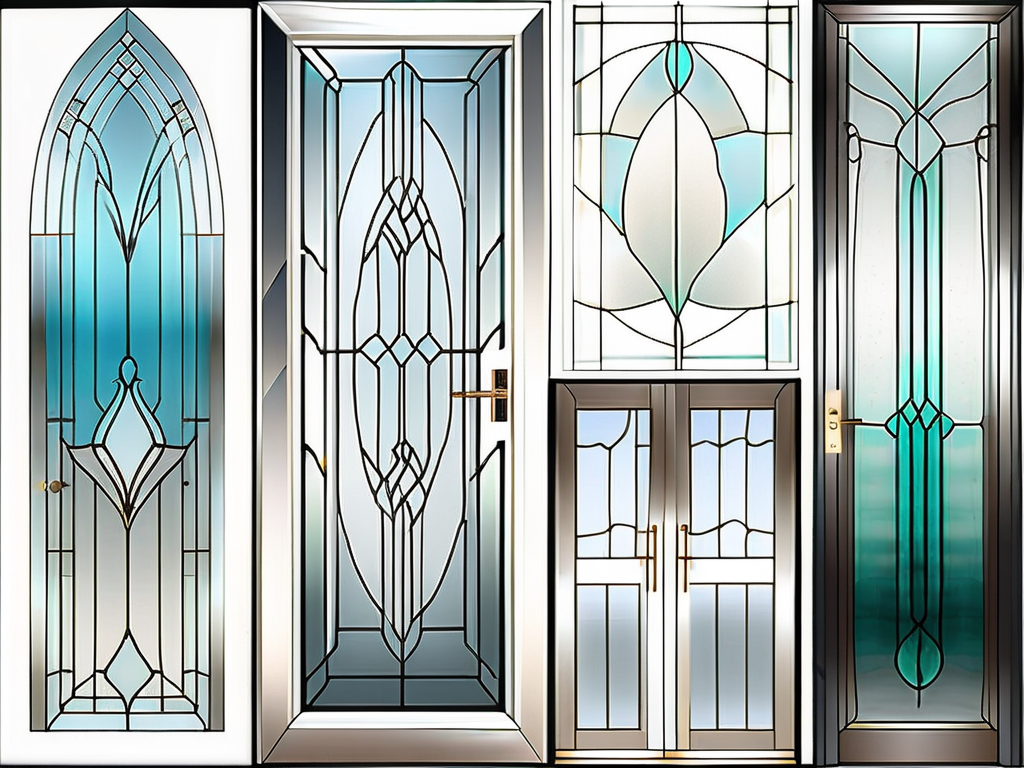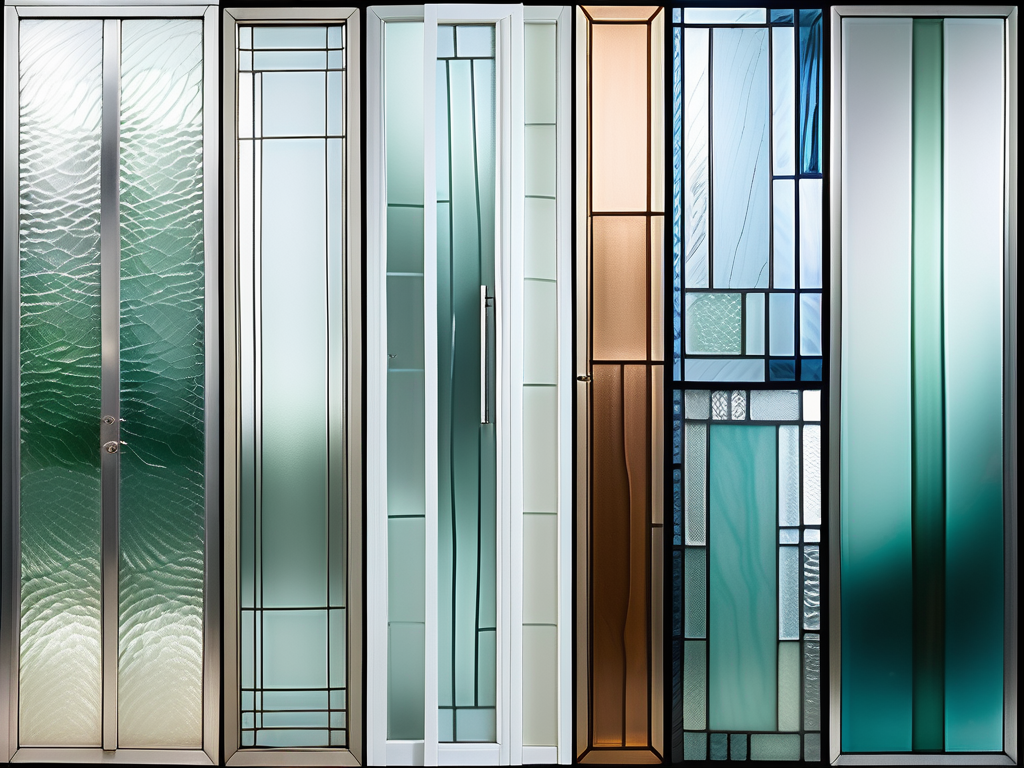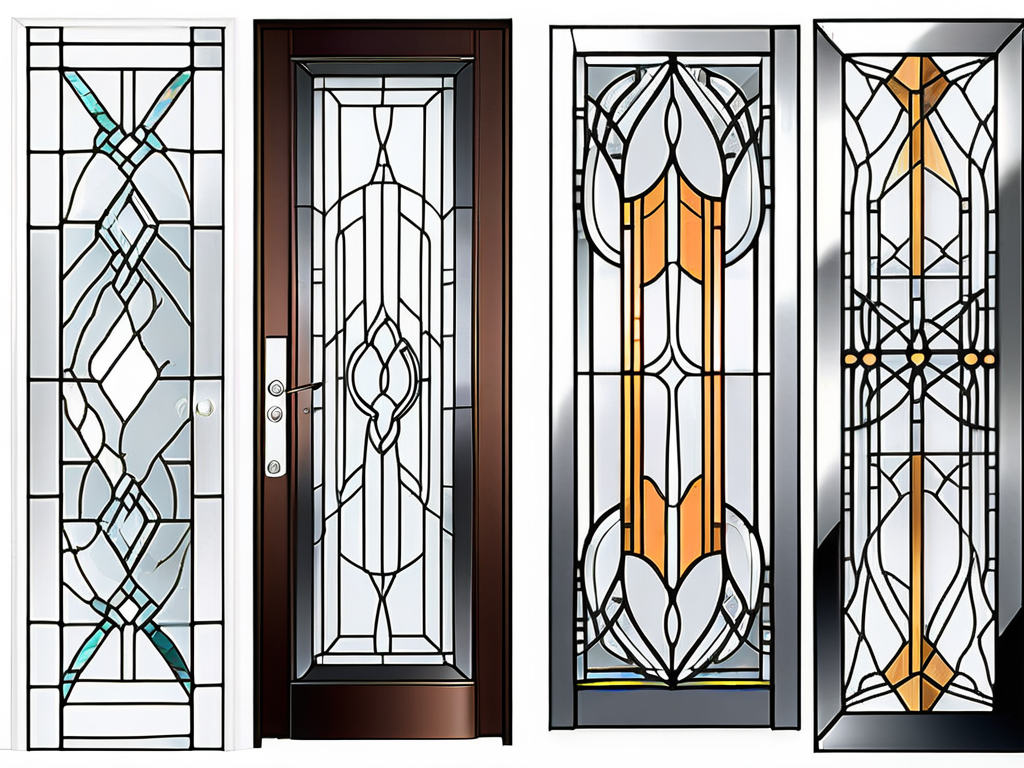Custom glass doors can be a beautiful addition to any home or office space. They provide a sleek and modern look while allowing natural light to filter through. In this ultimate guide, we will explore everything you need to know about custom glass doors, from understanding what they are and the benefits they offer, to the different types available and the materials used in their construction. We will also delve into the process of designing your own custom glass door, including choosing the right style, selecting the perfect glass type, and deciding on the ideal frame material.
Understanding Custom Glass Doors
What are Custom Glass Doors?
Custom glass doors are doors that are designed and crafted specifically to suit the needs and preferences of the individual or business. Unlike standard doors, which come in limited sizes, designs, and materials, custom glass doors offer limitless possibilities for customization.
When it comes to custom glass doors, the design options are truly endless. From intricate etched patterns to colorful stained glass, you can personalize your door to reflect your unique style and taste. Whether you prefer a minimalist modern look or a more ornate and decorative design, custom glass doors can be tailored to meet your vision.
Benefits of Custom Glass Doors
Custom glass doors offer a range of benefits that make them an attractive choice for many homeowners and business owners. Firstly, they create a sense of openness and spaciousness, allowing natural light to flow freely between rooms. This not only brightens up the space but also creates an inviting atmosphere.
Secondly, custom glass doors are versatile and can be used in various settings, adding a touch of elegance and sophistication. Whether you want to create a seamless transition between indoor and outdoor spaces with sliding glass doors or add a touch of traditional charm with French glass doors, there is a custom glass door option to suit your style.
Additionally, custom glass doors are highly durable and can withstand the test of time. The materials used in their construction, such as tempered glass, laminated glass, and frosted glass, provide durability, security, and privacy.
Moreover, custom glass doors can also enhance the energy efficiency of a space. By allowing natural light to penetrate deeper into a room, custom glass doors can help reduce the need for artificial lighting during the day, ultimately saving on energy costs. The thermal properties of high-quality glass used in custom doors can also contribute to better insulation, helping to maintain a comfortable indoor temperature year-round.
Types of Custom Glass Doors
Sliding Glass Doors
Sliding glass doors are a popular choice for those looking to create a seamless connection between indoor and outdoor spaces. These doors slide open horizontally and are ideal for maximizing natural light and providing easy access to patios, balconies, or gardens. Sliding glass doors are available in various sizes and styles to suit different architectural designs.

One of the key advantages of sliding glass doors is their space-saving design. Unlike traditional doors that swing open and require clearance space, sliding doors glide along a track, making them perfect for areas with limited space. Additionally, sliding glass doors are energy-efficient, as they allow natural light to flood into a room, reducing the need for artificial lighting during the day.
French Glass Doors
French glass doors are renowned for their timeless elegance. They consist of a pair of doors with glass panels framed by wooden or metal grids, known as muntins. French glass doors add a touch of sophistication to any space and are often used to create a grand entrance or a statement within a room.
Originating in 17th century France, French glass doors have stood the test of time in terms of both style and functionality. The intricate muntin patterns not only enhance the aesthetic appeal of the doors but also provide structural support to the glass panels. This classic design element continues to be a popular choice for homeowners seeking to infuse their living spaces with a touch of old-world charm.
Bi-fold Glass Doors
Bi-fold glass doors are an excellent choice for maximizing space and creating versatility within a room. These doors fold open in a concertina-like manner, allowing for a wide opening that seamlessly connects indoor and outdoor areas. Bi-fold glass doors are commonly used in areas such as dining rooms, living rooms, and conservatories.
One of the standout features of bi-fold glass doors is their ability to blur the lines between indoor and outdoor living. When fully opened, bi-fold doors create a sense of continuity between interior and exterior spaces, making them ideal for entertaining or simply enjoying the fresh air. The versatility of bi-fold doors also allows homeowners to customize their space according to their needs, whether they prefer an open-plan layout or separate living areas.
Materials Used in Custom Glass Doors
Tempered Glass
Tempered glass is a type of glass that has been treated to increase its strength and durability. It undergoes a heating and rapid cooling process that creates internal compression, making it up to four times stronger than regular glass. Tempered glass is widely used in custom glass doors due to its safety features, as it breaks into small, relatively harmless pieces when shattered.

One of the key advantages of tempered glass is its resistance to thermal stress, making it an ideal choice for areas with extreme temperature fluctuations. This type of glass is also more scratch-resistant than standard glass, making it a practical and long-lasting option for custom glass doors in high-traffic areas.
Laminated Glass
Laminated glass is created by sandwiching a layer of plastic, such as polyvinyl butyral (PVB), between two layers of glass. This process creates a strong bond that ensures the glass remains intact even when shattered. Laminated glass is commonly used in custom glass doors as it offers enhanced security and sound insulation.
Aside from its safety features, laminated glass also provides UV protection, making it a great choice for areas where sunlight exposure is a concern. The plastic interlayer in laminated glass can block up to 99% of harmful UV rays, helping to protect furniture, flooring, and other interior elements from fading or damage.
Frosted Glass
Frosted glass, also known as etched glass, is a popular choice when privacy is desired while still allowing natural light to pass through. It is created by either acid etching or sandblasting the surface of the glass, creating a textured appearance that obscures visibility. Frosted glass can be customized with designs and patterns to add a decorative touch to custom glass doors.
In addition to its privacy benefits, frosted glass can also enhance the aesthetic appeal of a space by diffusing light and reducing glare. This type of glass is often used in office settings, bathrooms, and entryways to create a stylish and functional design element. The versatility of frosted glass makes it a versatile option for custom glass doors in both residential and commercial settings.
Designing Your Custom Glass Door
Choosing the Right Style
When designing your custom glass door, it is essential to consider the overall style of your space. Whether you prefer a minimalist, modern look with clean lines or a more classic, traditional design, there are custom glass door options to match your aesthetic. Consider the existing architecture, interior design elements, and your personal taste when choosing the style of your custom glass door.

For a minimalist, modern look, you may opt for a sleek, frameless glass door that seamlessly blends into the surrounding space. This type of design creates a sense of openness and allows natural light to flow freely, enhancing the overall brightness of the room. On the other hand, if you prefer a more classic, traditional design, you can choose a custom glass door with intricate patterns or decorative elements that add a touch of elegance and sophistication to your space.
Selecting the Perfect Glass Type
The type of glass you choose for your custom glass door will influence the overall appearance and functionality. Decide whether you want clear glass to maximize natural light or frosted glass for added privacy. You may also consider incorporating decorative glass options, such as stained glass or colored glass, to create a unique and eye-catching feature.
If privacy is a concern, frosted glass is an excellent choice. It allows light to pass through while obscuring the view, creating a sense of privacy without compromising on aesthetics. Alternatively, if you want to make a bold statement, you can opt for stained glass. This type of glass adds a pop of color and intricate patterns, creating a stunning focal point that instantly elevates the visual appeal of your space.
Deciding on the Ideal Frame Material
The frame material of your custom glass door is just as important as the glass itself. Common frame materials include wood, aluminum, and steel. Each material offers its own set of benefits, such as durability, insulation properties, and aesthetic appeal. Consider factors such as maintenance requirements, climate conditions, and personal preferences when selecting the ideal frame material.
If you value a natural and warm aesthetic, wood frames are an excellent choice. Wood offers a timeless appeal and can be customized with different finishes to match your interior design style. On the other hand, if you prioritize durability and low maintenance, aluminum frames are a practical option. Aluminum is known for its strength and resistance to corrosion, making it ideal for areas with high humidity or coastal environments. Lastly, steel frames are a popular choice for those seeking a sleek and industrial look. Steel frames are sturdy and can withstand heavy usage, making them suitable for commercial spaces or areas with high foot traffic.
With these considerations in mind, you can now confidently design your custom glass door that perfectly complements your space. Remember to take into account the style, glass type, and frame material that align with your aesthetic preferences and functional needs. By carefully selecting each element, you can create a custom glass door that not only enhances the beauty of your space but also adds a touch of elegance and sophistication.

